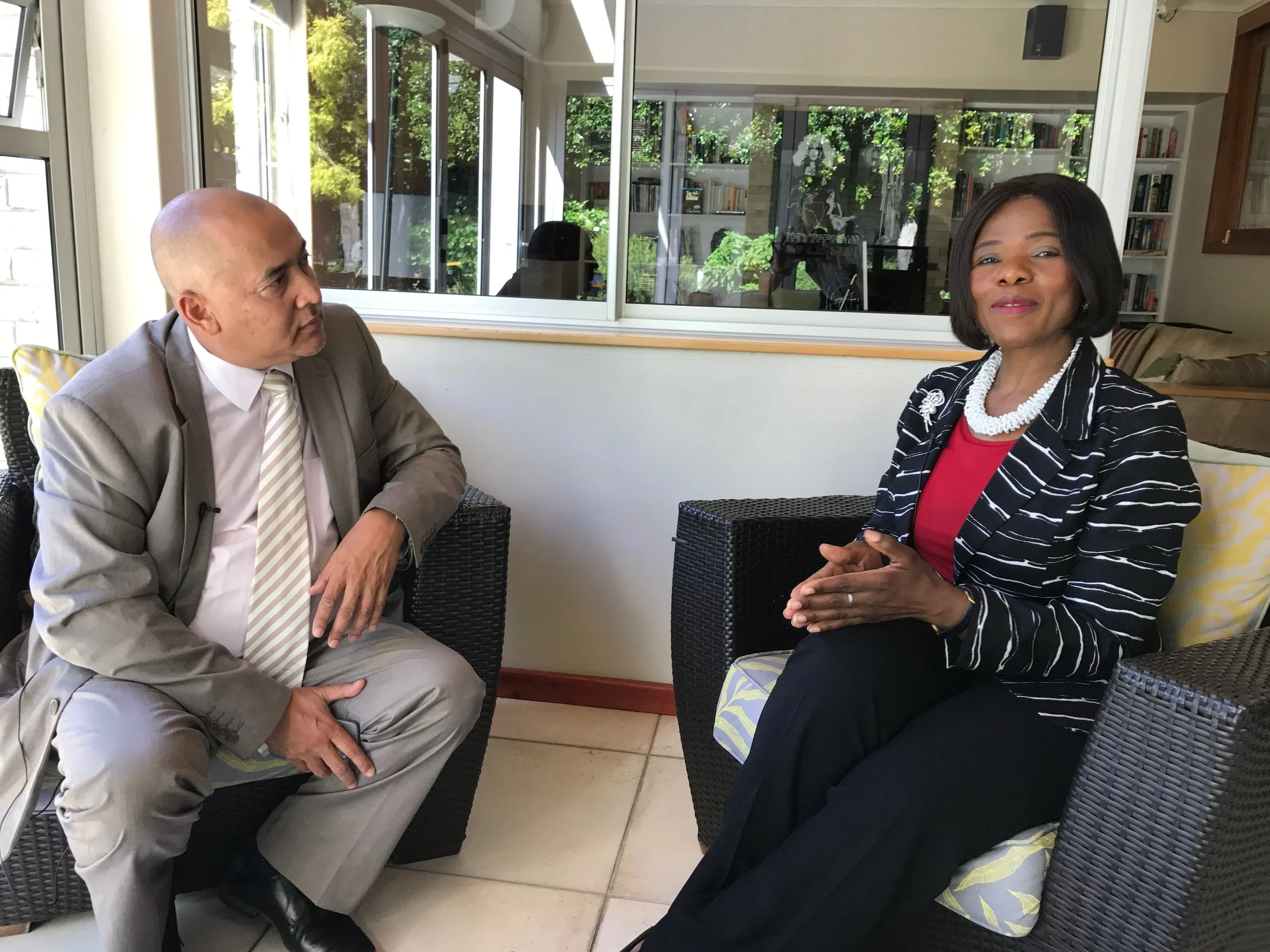President Donald Trump. For many people, these words are not rolling as easily off the tongue as, say, President Barack Obama or even President Bill Clinton. Hell, even President George Bush was easier to say.
But, by the time you read this column, the former reality TV star and moderately successful businessman Trump would have become the 45th president of the United States of America, leaving much of the world fearing the next four years of Republican rule. Unless of course, Trump outrageously manages to get himself impeached, which is not impossible. We can only live in hope.
Much has been written about how the American media and political pundits misread the mood of the American people. The media have been trying to cover their tracks by saying that Hilary Clinton won the popular vote – by almost 3 million votes – so they were not entirely out of touch with the mood of the people.
The reality is that American democracy is not based on the popular vote, but on an electoral college system which gives the majority winners in most states the right to choose the president. Trump won fairly within the context of the system of democracy that they have chosen in America.
But that is all in the past and the world now needs to work out how it is going to live with a Trump presidency, one that will probably produce quite a few shocks, as it already has. Despite the power shifts in the world in recent years, with China emerging as a rival superpower to America, what happens in American politics and society still impacts on most of the world.
So, if America elects someone who could easily be seen as a sexist, racist and xenophobic bully, it is bound to impact on the way America relates to the world.
Despite this, countries such as South Africa will have to learn to live and work with the Trump administration. International politics is almost like card games. You can only play with the hand that you have been dealt and, if you have been dealt a Trump presidency, then you need to look at the best way to deal with this. You can’t change your hand midway through the game.
America will continue to be an important partner, in trade and other matters, for South Africa, despite all the noise that we make about our partnership with the BRICS countries. Our relationship with the BRICS countries (Brazil, Russia, India and China) is almost about where we want to be, but not where we are at the moment.
But just because a leader is right-wing, as Trump no doubt is, does not necessarily mean that he would not see the potential in good relationships with the African continent and, in particular, with South Africa as one of the biggest and most stable economies on the continent.
We all had high hopes when Democrat Obama became American president, that Africa would be at the forefront of American foreign policy, but this did not materialise. In fact, Republican George W Bush probably did more for the continent than Obama.
Hopefully Trump’s business instincts will make his see the potential on our continent and encourage him to send more American investors our way. Hopefully Trump will also be surrounded by at least some public officials who not only have the interests of America, but the interests of the world at heart.
Hopefully, the kind of investors will be those that help to create jobs and do not merely want to buy up our relatively cheap (in international terms) real estate.
There is no doubt that Trump is a less than perfect human being, but so are most of us. However, it is up to the American people to expose his flaws and to hold him accountable for the many mistakes he will continue to make.
The media will continue to play an important role in this and will have to make amends over the next few years by really beginning to understand their constituency, which are not only their readers, listeners and viewers, but also potential readers, listeners and viewers. The media needs to understand and reflect society, even if they don’t like what they find.
South Africans, and people from other countries, can merely act in solidarity with the American people, but should not expect their actions to have much effect. One such case is the women march in Washington today which is being supported by people around the world, including in South Africa.
We cannot even consider sanctions against America, because they would not be effective. Our influence on the American economy is negligible, unlike theirs on ours. But why should we consider sanctions when Americans elected their president democratically, even if their version of democracy could be perceived as being faulty?
From where I sit, at the bottom tip of Africa, I can only sympathise with my American friends but, as they say in politics 101, you had an opportunity to exercise your vote and this was the outcome of your vote. Votes don’t always go in your favour. All of us, but especially the American people, must learn to live with it.
(First published as a Thinking Allowed column in the Weekend Argus on Saturday 21 January 2017)

